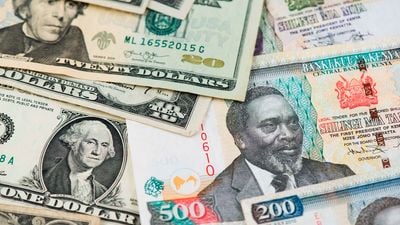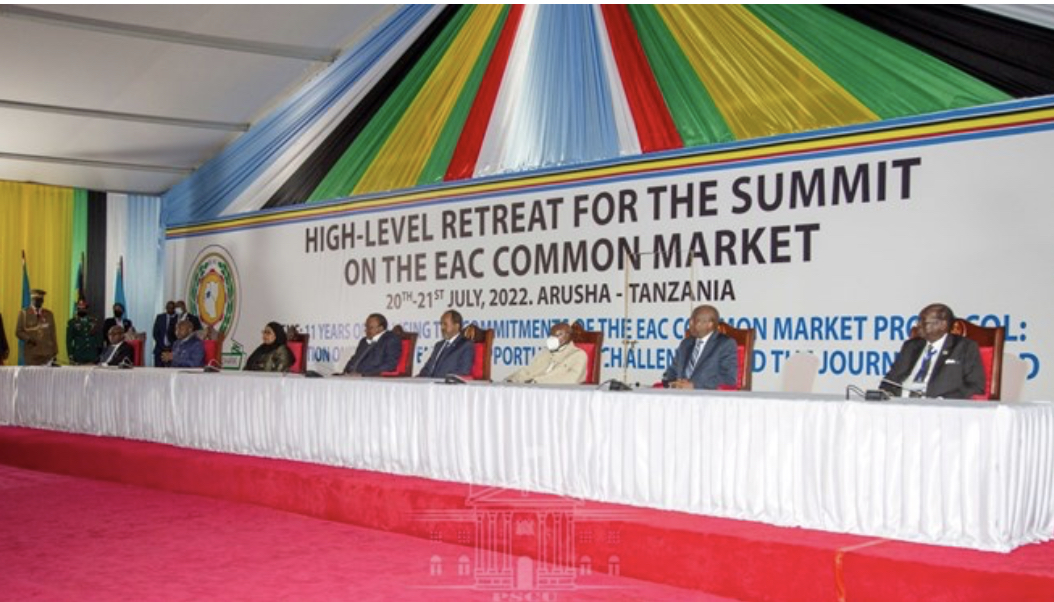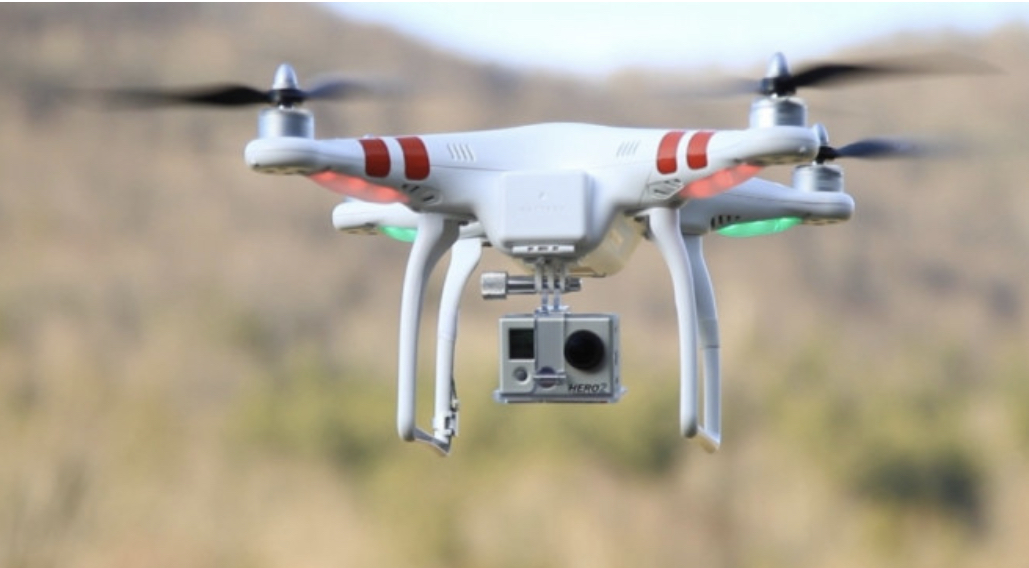Share the post "Kenya’s Shilling is gaining Value, but don’t expect it to last, expert says.."
Shortly after Kenya’s 2022 elections, the shilling depreciated rapidly against the US dollar – the country’s main currency for international transactions – fuelling a wave of political discontent, More than a year later, the Central Bank of Kenya (CBK), taking its cue from the International Monetary Fund (IMF), said…
That the run on the shilling was a market correction for a currency that had been overvalued by between 20 percent and 25 percent, By early this year, the shilling recovered. Finance scholar Odongo Kodongo answers our questions about Kenya’s exchange rate fluctuations.
How is the shilling’s exchange rates determined?
Kenya operates a floating exchange rate regime. This means that the value of the shilling is, in principle, determined by market demand and supply. Market demand and supply are affected by movements of money across national borders.
Movements of money into the country are driven by forces such as the value of exports and transfers from abroad (such as diaspora remittances), and the value of investments from abroad, For example, if Kenya exports more goods at higher prices, this increases the shilling’s demand as Kenyan exporters convert their dollar receipts to shillings. The shilling appreciates, all else equal.
On the supply side are the value of imports and outbound transfers (like pensions of retired expatriates), and the value of investments abroad. For example, to buy shares abroad, Kenyans must sell shillings to buy foreign currencies. This increases the shilling’s supply, causing it to depreciate, all else equal.
The drivers of international money flows are, in turn, affected by economic factors (called fundamentals) such as interest rates, inflation, and income. For example, a fall in interest rates in Kenya may encourage businesses to borrow to finance their investment opportunities, increasing Kenya’s economic production.
The rise in economic production generates more goods to be sold in Kenya and abroad. Sales abroad increase the value of exports, which causes the shilling to appreciate. Contrarily, an increase in government borrowing from abroad initially causes a shilling appreciation as Kenya’s foreign currency reserves grow. However, it also raises the expectation that Kenya will henceforth pay more to foreign creditors, which may elicit some reversal in the initial appreciation.
Why does the exchange rate matter?
The exchange rate matters for several reasons, First, it may drive domestic inflation. For example, if one barrel of oil trades for $100 and the exchange rate is Ksh120/US dollar, you pay Ksh12,000 per barrel, Should the shilling depreciate to Kshh150/dollar, we would now pay more: Ksh15,000 per barrel. Because oil is used in the manufacture of goods and provision of services (such as transport), a higher oil bill makes those goods and services more expensive.
Second, the exchange rate also affects how much we earn from exports. For example, exports worth $1,000 would fetch us more shillings (Ksh150,000) at Ksh150/dollar exchange rate rather than only Ksh120,000 at Ksh120/dollar, However, economic sectors are not affected the same way by exchange rate changes. Sectors that do not export or import goods and those that do not compete with imported goods are hardly affected by exchange rates.




